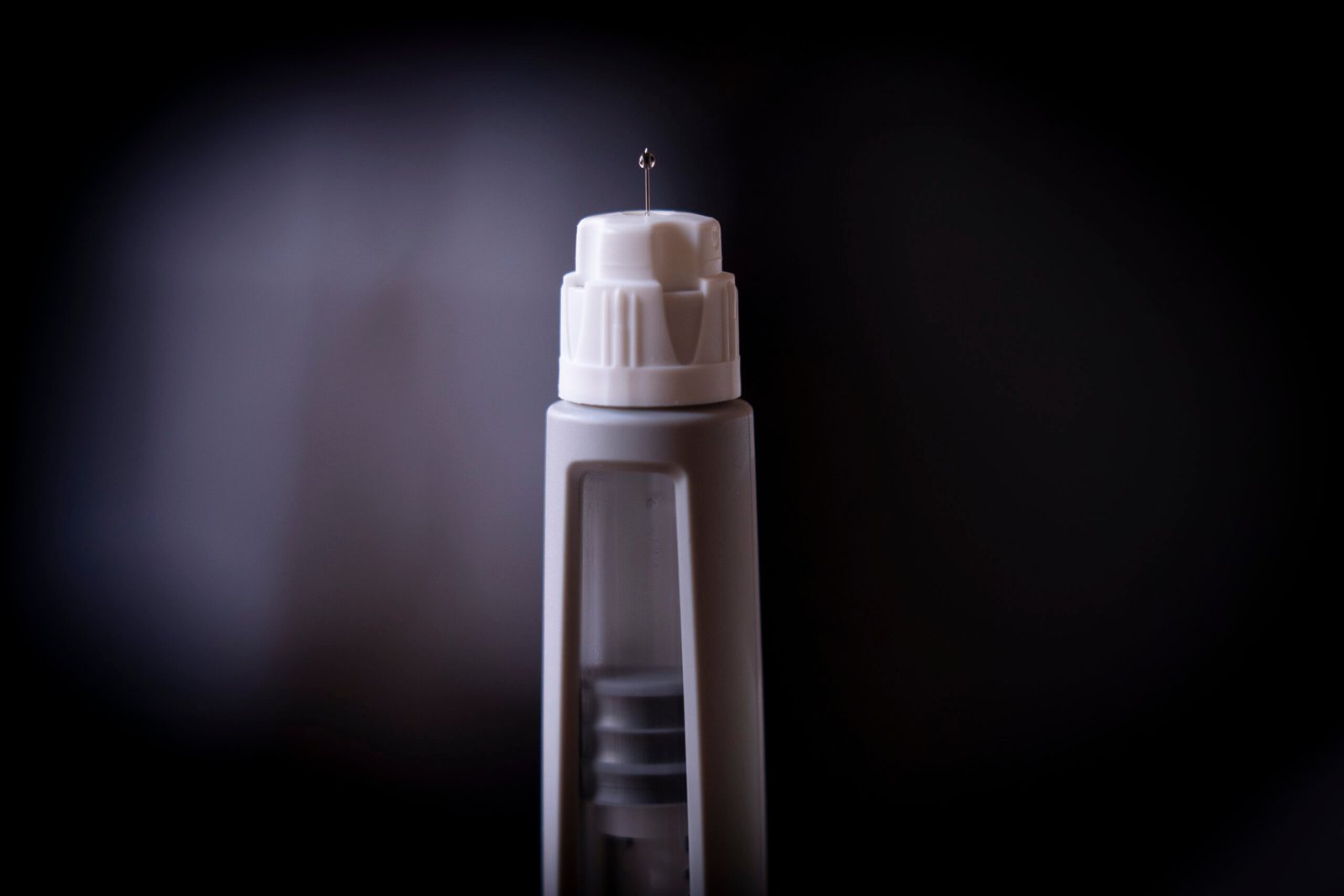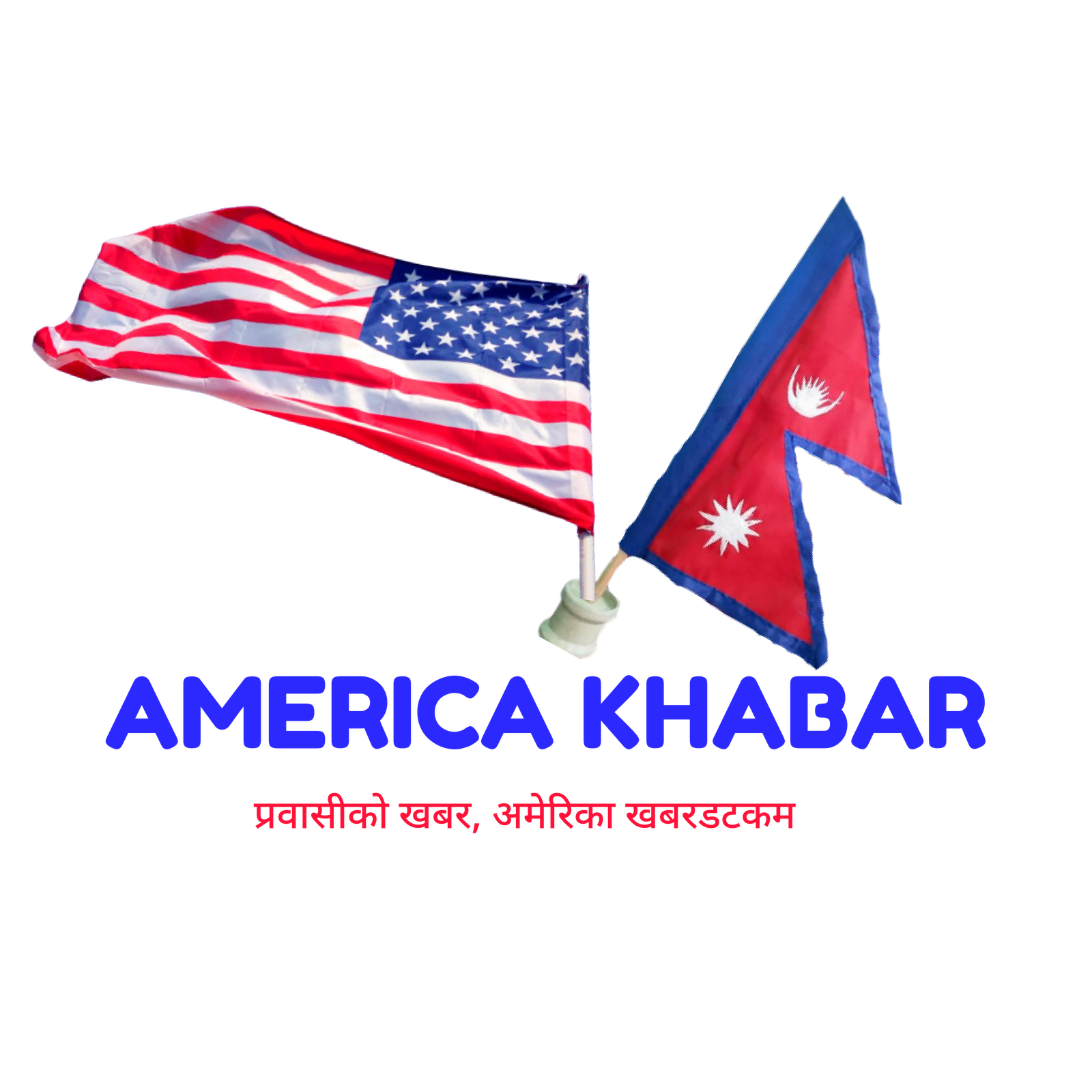
[[{“value”:”
Every day dozens of people come to Jennifer Witherspoon—a former dental office manager with zero medical training—for help managing nausea, headaches, and other side effects that can come with taking weight-loss shots. She even crafted a template response to help her quickly get through the messages.
“People have offered to pay me, begged me to start a podcast, asked me to call their sisters-in-law, wanted me to call their doctor,” she said. “One lady even invited me to her wedding.” Even Oprah’s production company reached out to feature one of her videos in a prime time special.
[time-brightcove not-tgx=”true”]
What makes Witherspoon’s advice so appealing? It’s filling a void. As a Mounjaro user herself, Witherspoon figured out ways to minimize her own side effects, absent guidance from the doctor who prescribed her the drug. In August 2022, she started sharing that wisdom on TikTok with hundreds of thousands of others.
“I’m known as, like, the side effect girl,” she said.
Influencers have found an audience desperate for information. As demand for GLP-1 drugs that cause weight loss, such as Novo Nordisk A/S’s Ozempic and Eli Lilly & Co.’s Mounjaro, explodes, more people are getting them from sources that offer little or no follow-up care. More than half of the several dozen U.S. telehealth companies that offer GLP-1s launched after Ozempic came to market in 2018, according to data compiled by Bloomberg. Some have real expertise and bespoke services, but others offer little beyond the prescriptions they dole out.
And while the number of certified obesity doctors has more than doubled since 2018, the number of prescriptions for Ozempic alone has grown more than 5,000% in that same period—up to around 20 million last year. “Most physicians have very little or no training related to the treatment of obesity,” said Kimberly Gudzune, the medical director of the American Board of Obesity Medicine. While Ozempic and Mounjaro are technically diabetes drugs, they’re often used for weight loss. Shots with the same active ingredients are marketed under different names, Novo’s Wegovy and Lilly’s Zepbound, specifically for obesity.
Read More: Here’s What Americans Think of Weight Loss Drugs
There’s a lot of “hand-holding” that goes into prescribing GLP-1 drugs, said Robert Kushner, an obesity specialist at Northwestern Medicine. He and multiple obesity experts told Bloomberg it took time to develop best practices. Many learned to increase the dosage over a series of weeks or months. What’s best for one patient might also not work well for others, which is why it’s important to coordinate with a physician while taking the drugs, they said.
Not everyone is getting that kind of treatment. Holly Lofton, the director of the medical weight management program at NYU Langone Health, has patients who first went to dermatologists or telehealth companies for weight-loss drugs and weren’t given proper oversight. Another doctor said some patients came to him after ending up in the hospital with dehydration because they weren’t advised to drink more water when taking a GLP-1 drug.
Witherspoon said most of the people that come to her say they were prescribed the medications by non-obesity specialists, like an OB-GYN or general practitioner, who never told them that certain foods or behaviors could worsen side effects. For them, TikTokers like her are a trusted source of information.
“Jen is like my doctor,” said Ashley Hamilton, who started taking Ozempic to lose weight last May.
When Hamilton’s primary care provider suggested she treat the nausea she experienced from the shot with a drug called Zofran, she knew from TikTok it could worsen the constipation she was also experiencing. Instead, the 37-year-old opted for magnesium supplements and tweaked her food and water intake—tips she learned from social media.
Read More: WeightWatchers Is Now Prescribing Weight Loss Drugs
Medical professionals don’t advise patients to get health advice from TikTok, where misinformation flourishes. Some of the guidance floating around—like switching injection sites to reduce nausea—has no scientific evidence to back it up, according to experts. But doctors say some of the information sharing among patients on TikTok, like advice to cut back on fatty foods and drink more water, is positive.
Witherspoon cautions she’s not a doctor, saying that she’s not a medical professional and is just sharing her personal experience. But there’s virtually no oversight of what she and other influencers like her do or say. TikTok prohibits harmful medical or public health misinformation, including discouraging people from getting appropriate medical care for a life-threatening disease, a spokesperson said. The company will remove videos, suspend certain posting privileges, or ban users altogether. It’s not clear if content like Witherspoon’s meets that criteria.
Even if patients are in contact with a specialist, some more easily trust their peers—particularly if they’ve had negative experience with the medical system before.
Branneisha Cooper started posting on TikTok about Mounjaro for that very reason. “When it comes to Black women going to medical providers, we’re just not taken as seriously as other races,” she said. “Having my face online, hopefully that aids in more trust.” One of her tips is to drink a protein shake before her injection to avoid side effects.
Fredi Pepper has also found a group eager for information. The 70-year-old retired school teacher said she learned how to manage Mounjaro’s side effects from TikTok. That’s not where her friends spend their time, though. She helps run a Facebook group called “Zepbound / Mounjaro Women Over 60 Support” for those not on the app. For the even less social media savvy, she shares her wisdom with them offline.
This social media effect may help explain why the newer drugs, Mounjaro and Wegovy, started out with lower rates of side-effect reports than their older peers, doctors say.
When Ozempic first came out in 2018, there was a deluge of patient complaints about vomiting, diarrhea and even more alarming reactions, like pancreatitis, according to a Bloomberg analysis of tens of thousands of cases sent to the U.S. Food and Drug Administration. Over time, however, reports of such events—including ones so serious they sent people to the hospital or were life-threatening—have dropped dramatically, the analysis found. Side effect reports associated with drugs tend to wane over time, in part because doctors hone their prescribing behaviors. But it’s notable that the newer drugs to market have far lower rates of reported side effects to begin with.
Read More: Your Brain Doesn’t Want You To Exercise
Spokespeople for both Lilly and Novo said patient safety is a top priority at the drugmakers and they recommend that those experiencing side effects to speak to their health-care provider.
Doctors and regulators are on especially high alert for dangerous side effects from obesity shots. A handful of approved weight-loss treatments have been pulled from the market after links to serious health concerns, including suicide and heart damage. European regulators are investigating reports of suicidal thoughts from GLP-1 patients.
But even when compared to other drugs, reports of serious adverse events to the FDA among GLP-1s are low, according to Bloomberg’s analysis.
The FDA’s side effect data isn’t a comprehensive look at all patients taking the drugs, and has its limitations because it’s self reported. More robust clinical trials and scientific studies are needed to get a full picture of the risks.
But the stark difference in the rate of side effect reports between the newest GLP-1s and other drugs suggests that people are likely better tolerating the former. And social media seems to be having an impact.
Doctors are now realizing that if they want to keep up with best-practices and reach patients, they need to be on TikTok too. Daniel Rosen, a bariatric surgeon and obesity specialist has more than 57,000 followers on the app. Between seeing patients he posts videos and responds to comments and messages. The information goes both ways with patients: He answers questions and asks them about what they’re learning from their experiences. “It’s the next frontier,” he said.
“}]]
Patients are turning to social media in the absence of good medical advice.
Uncategorized, healthscienceclimate, wire
Health – TIME

